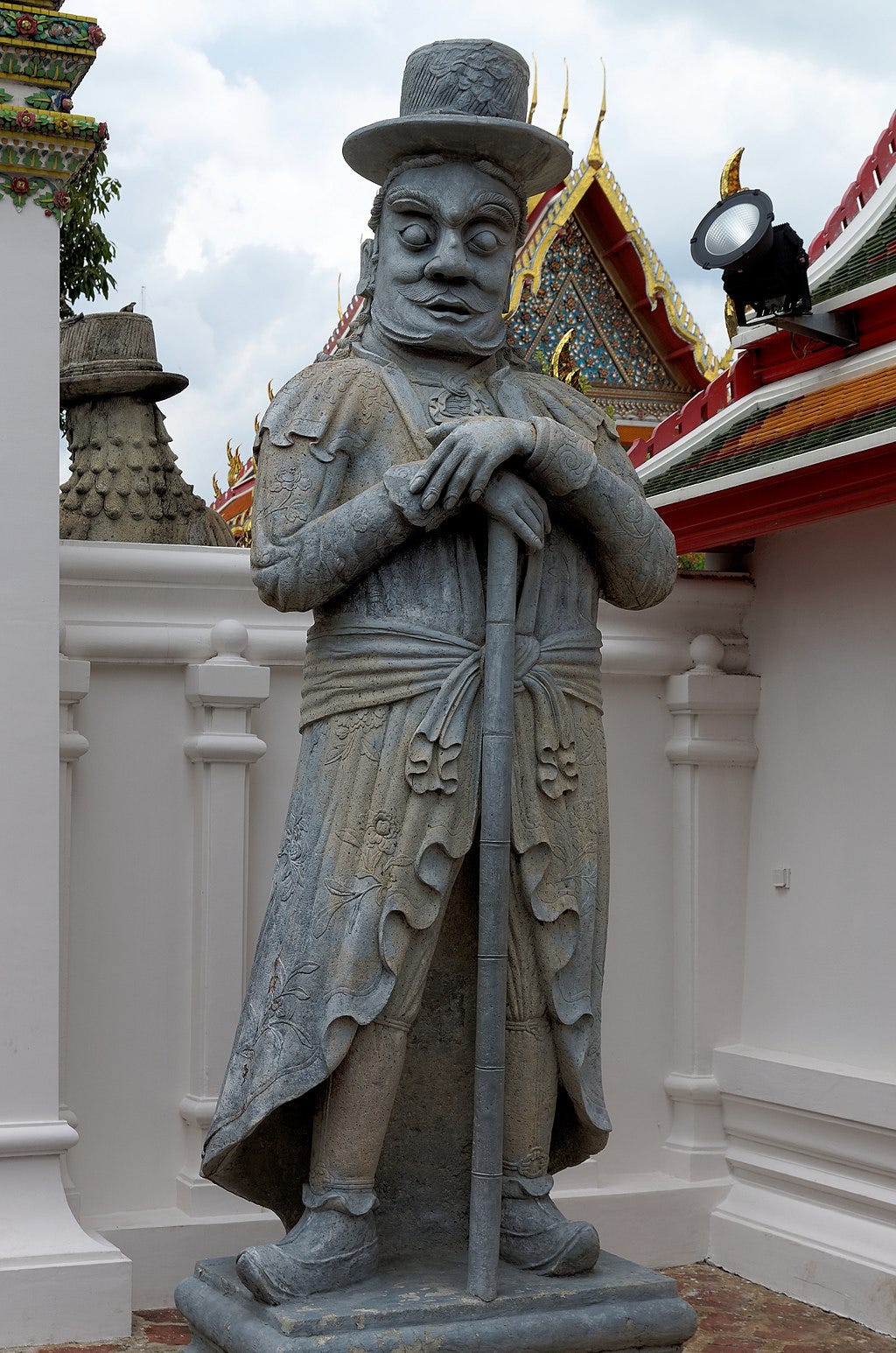Lingua franca, 汤圆 (tāngyuán), anime

Lingua franca
Last week, we celebrated International Mother Language Day (21 February). There is no better family of words to reflect the ubiquitous nature of language than that of 'frank'.
The Franks were a a Germanic-speaking group who invaded the Western Roman Empire in the 5th century. Their lands included what is now Belgium, western Germany, and northern France. They established the most powerful Christian kingdom in early medieval Europe. The Franks gave modern-day France its name, which they derived from their preferred weapon, the franca, or 'javelin'.
The Crusades, fought by many originating in France, propagated French outside of its homeland, giving rise to the phrase 'lingua franca'. Frankish soldiers established domains in Palestine, however these communities perished in the 13th century because of Muslim reconquest. Despite this, the Frankish settlements created an association with the 'Frank' with the 'European' in the East, namely through terms such as فرنگی (farangi). Moreover, this association also spread to the Far East, with obsolete terms such as 佛朗機 (fólǎngjī) coming to refer to a Portuguese or Spaniard by Ming dynasty sources in Imperial China. It was in the Levant, that 'lingua franca' first started to denote an unofficial language for wider communication.
Beyond lingua franca, the Franks lent their name to other words too.
Many know of frankincense because it was one of the gifts the Three Wise Men during Jesus's nativity. However, many don't know that it's also associated with the Franks, etymologically. It comes from the Old French franc encense, a combination of franc ('noble, true, of the highest quality') and encens ('incense'). Franc was a generalisation of the tribal name: the Franks conquered large parts of Europe and were considered a conquering class and freemen.
Franc's generalisation also contributed to the development of the word 'franchise'. Initially it meant 'to make free, freedom'. Later in the 15th century it meant 'membership in a community or town; membership in a craft or guild'. It narrowed in meaning to 'special right, particular legal privilege' from the 18th century.
汤圆 (tāngyuán)
Secondly, many around the world celebrated 元宵節 (Yuánxiāojié, 'Lantern Festival') last Saturday, 24 March. It marked the end of 春節 (chūnjié, 'Spring Festival') celebrations.
During the Spring Festival, people in the north of China typically eat dumplings, while those in the south typically eat 汤圆 (tāngyuán, 'sweet rice ball'). Usually, tangyuan is consumed during the Lantern Festival. Its round form represents completion and totality. Its sweetness symbolises a happy and delicious life. Furthermore, tangyuan has a similar pronunciation to 团圆 (tuanyuan), which signifies 'reunion'. As a result, it represents happiness, harmony, and family get-togethers. During this festival it's customary to say: '团团圆圆 (tuántuán yuányuán, 'group-group round-round')', meaning 'Happy (family) reunion!'

Pokémon
Finally, many gamers around the world are eagerly awaiting Pokémon Day tomorrow. Pokémon Day is an annual celebration of the Japanese release of Pokémon Red and Green, the first Pokémon games. It features events worldwide, announcements about new games, events, and franchise updates.
The term 'Pokémon' is an example of 和製英語 (wasei-eigo, 'Japanese-made English'). It comes from the Japanese ポケモン (pokemon), itself an abbreviation of ポケットモンスター (poketto monsutā, 'Pocket Monster').
Pokémon's multimedia franchise includes video games, trading card games, and anime. The term anime, while often associated with Japan and modernity, has roots in the West and Latin.
'Anime' was a borrowing of the Japanese アニメ (anime) arose around the 1970s as an abbreviation of アニメーション (animēshon, 'animation'). The cinematographic sense of the English word, 'animation', arose earlier in the 1900s. However, beforehand, from the 1600s, it meant 'vitality, appearance of activity or life'. Before this meaning, it meant the 'action of imparting life' from the late 1500s. Ultimately, animation comes from the Latin animare ('to give courage to, enliven'), from anima ('life, breath').



